Linda Blatt says she’s had two lives.
There was her life before Lyme disease, just one placement away from finishing her doctorate of clinical psychology. She loved to travel, dance, read, sing, swim; an extrovert who was always social.
Then there’s life now.
On a good day, the 34-year-old might be able to walk the short distance to the park down the road from her Melbourne home and just sit and enjoy the scenery without “excruciating head pain” and glasses because she can bear to see the light. It’s a great day if she’s able to walk back without feeling like she’s going to collapse with exhaustion.
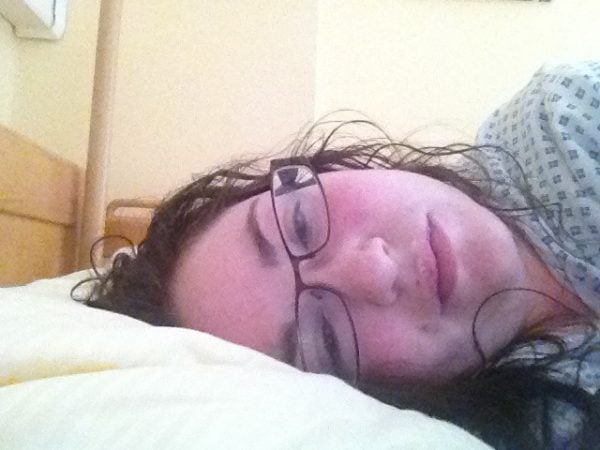
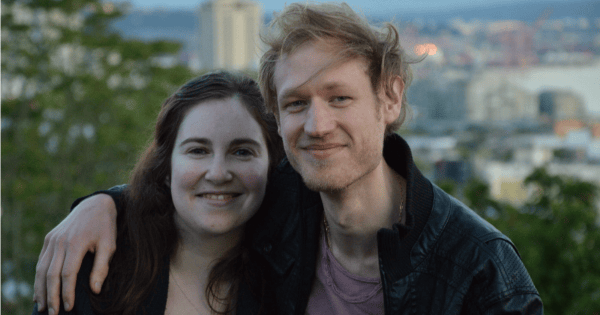
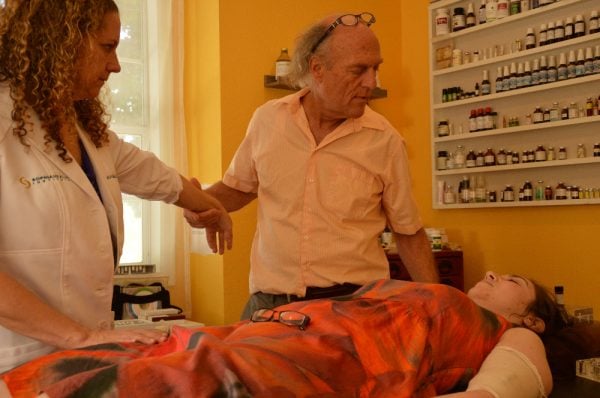
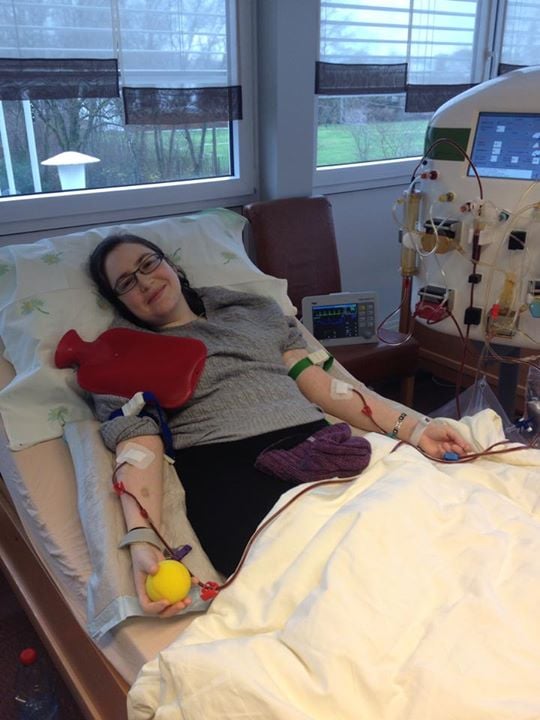
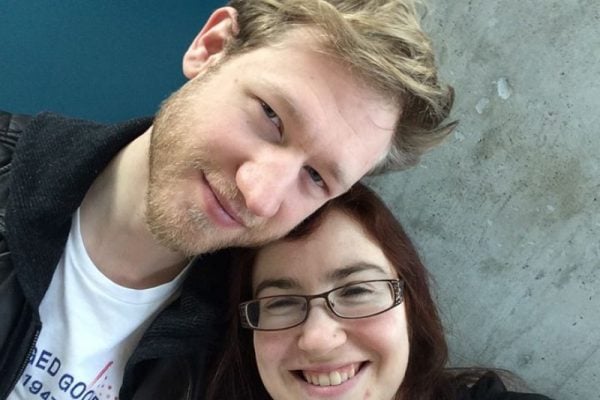
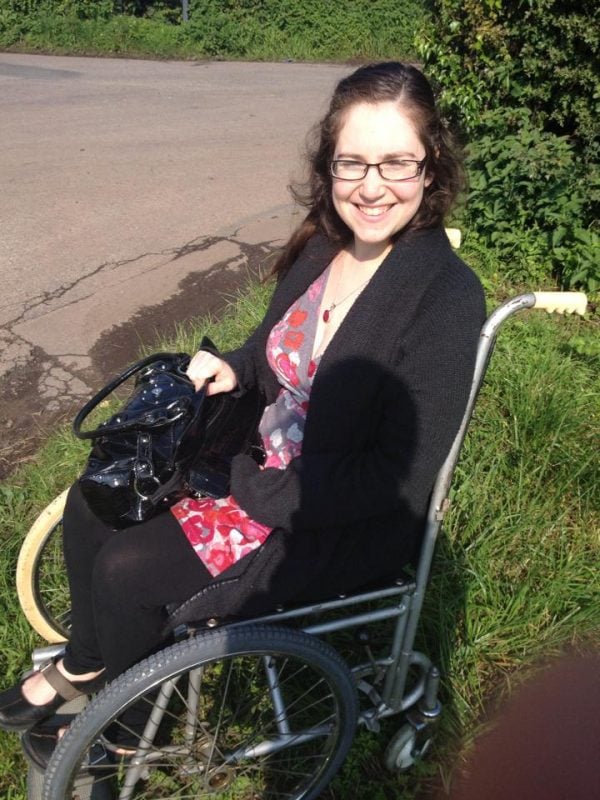
Top Comments
As the mother of a 19 year old who lost most of her teen years to Lyme, the lack of acknowledgement of this disease by the Australian Government infuriates me.
Like Linda, my daughter was bitten by a tick in the US and became infected with the borrelia bacteria among others. It took several years, a large financial outlay and finally, a trip to Malaysia for hyperthermia treatment for her to begin to regain some sort of normal life.
Being a conscientious traveller, I always check the advice on the Australian Government's Smartraveller site when planning my trip. This site has no mention of, and to my knowledge never has had, information warnings about the possibility of contracting Lyme from tick bites while travelling throughout the US. It does, however, include warnings about the possibility of contracting Zika Virus, another vector borne disease. If this information had been available to me, I would have been more proactive about getting my daughter medical attention for what started as flu like symptoms. This would have made her treatment and recovery much faster and the cost would have been covered by my travel insurance.
The Australian Government and Medical Profession really need to lift their game and deal appropriately with this serious medical condition before it takes more lives.
The NB protocol proboards site is a free tutorial that explains how to cure Lyme disease.
*What is explained;
*That biofilms are easily treated and how to do it , instead Calcification is the real obstacle and how to treat that.
*That, yes “Lyme” disease is an infection but it is also an infectious version of cancer and it can’t be cured unless that is treated and how to successfully treat and reverse that.
*That Antibiotics are a poor choice to treat Lyme disease and won’t result in a cure, how to achieve a cure is explained, not “in remission”, not “healed”, a cure.
http://www.nbprotocol.probo...